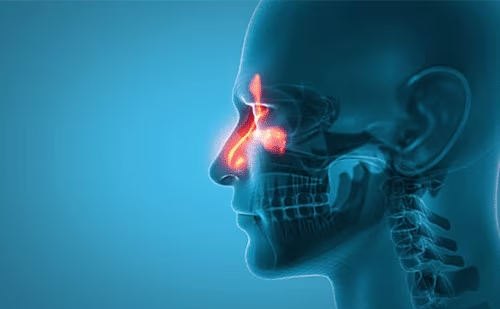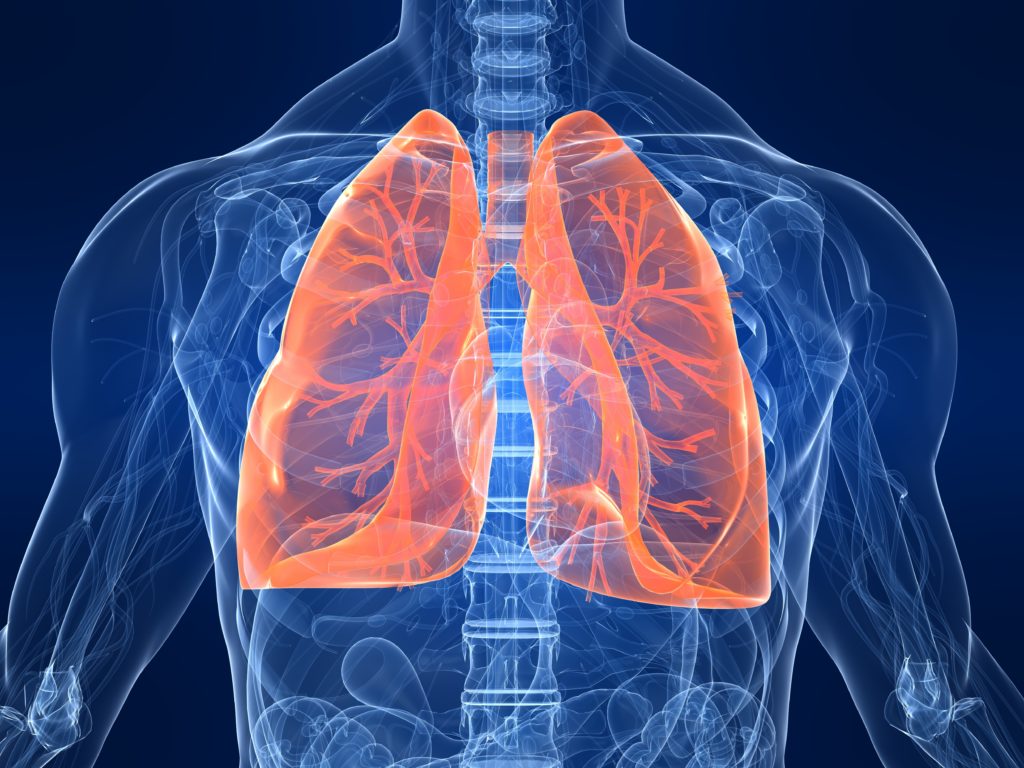Search Results
Showing Results for rhinitis

In this EAACI 2025 interview, Dr Remi Gagnon discusses his presentation on the TT-06 phase III trial. This was the first trial to investigate the SQ tree sublingual immunotherapy (SLIT) tablet in children aged 5–17 with tree pollen-induced allergic rhinitis and/or conjunctivitis. This interview explores the impact of seasonal allergies on quality of life and the background, design, and findings from the study.

#AAAAI2025: Must-know Updates in Chronic Rhinosinusitis - Key Data from the AAAAI/WAO Joint Congress
The 2025 AAAAI and WAO joint congress highlighted advances in chronic rhinosinusitis (CRS) treatment. Notable studies presented positive results for novel biologic therapies, including tezepelumab, depemokimab and mepolizumab for chronic rhinosinusitis with nasal polyps (CRSwNP), and dupilumab for chronic rhinosinusitis without nasal polyps (CRSsNP). These findings highlight significant advancements in symptom management, offering hope for improved patient outcomes and reduced treatment burdens.

The nasal airway serves as the primary entry point of air and oxygen into the body. It serves critical functions, such as providing a physical barrier against external irritants and pathogens and warming and humidifying incoming air.1 Consequently, disorders of ...

Air pollution has been linked to exacerbating and causing symptoms associated with respiratory diseases, particularly impacting patients with asthma, COPD and allergic disease. touchRESPIRATORY were delighted to speak with Prof. Claudia Traidl-Hoffmann (University in Augsburg, Germany) around the symptoms associated ...

There is a wide range of eosinophil-associated disorders, from common conditions, such as eosinophilic asthma and chronic rhinosinusitis with nasal polyps (CRSwNP), to rarer ones, such as eosinophilic gastrointestinal disorders and hypereosinophilic syndrome (HES). The advent of eosinophil-targeted therapies is ...

Asthma and chronic obstructive pulmonary disease (COPD) are disorders with predominantly chronic inflammatory airway features. They are increasingly recognized as entities on a heterogeneous obstructive airway disease continuum with distinct phenotypes, various degrees of overlap, and the predominance of asthma ...

With the advent of newer drugs targeting the biochemical pathways that lead to cough, it is increasingly important to understand the definition, pathogenesis and management of this symptom. Several specialist bodies also recognize the need for guidance in this area, ...

Aspirin-exacerbated respiratory disease (AERD) is a clinical triad of asthma, nasal polyposis and sensitivity to aspirin and other non-steroidal anti-inflammatory drugs (NSAIDs). These patients have severe sinopulmonary inflammation, often refractory to standard treatments.1 However, significant advances in the management of ...

Asthma, classically defined as a chronic inflammatory disease of the lower respiratory tract, is a heterogeneous array of clinical disorders that differ in intensity, occurrence, triggers, comorbidities, genetics, clinical course and prognosis.1 It manifests as wheezing, cough, dyspnoea, chest tightness ...

Primary ciliary dyskinesia (PCD), previously known as immotile cilia syndrome, is a rare genetic disease characterized by abnormal ciliary function due to defects in the structure and/or function of motile cilia, leading to recurrent and chronic infections of the ...

Chronic rhinosinusitis (CRS) is a heterogeneous inflammatory disease of the nose and paranasal sinuses that is prevalent worldwide, affecting 10–12% of adults.1,2 It is phenotypically classified by the presence or absence of nasal polyps. Chronic rhinosinusitis with nasal polyposis (CRSwNP) is ...

As our ability to treat and manage chronic medical conditions improves, we will see a greater number of our patients manifesting physiologic as well as pathologic changes associated with aging. The objective of this article is to provide a brief ...

Globally, the coronavirus disease 2019 (COVID-19) pandemic, caused by severe acute respiratory syndrome coronavirus 2 (SARS-CoV-2), has infected in excess of 55 million people and is associated with over 1.3 million deaths to date (European Centre for Disease Prevention and Control data).1 COVID-19 is ...

A new coronavirus (SARS-CoV-2) infection began to disseminate in Wuhan, China in early December 2019 and has rapidly spread to almost every country around the globe, with the number of confirmed cases increasing every day. The disease condition associated with this ...
Latest articles videos and clinical updates - straight to your inbox
Log into your Touch Account
Earn and track your CME credits on the go, save articles for later, and follow the latest congress coverage.
Register now for FREE Access
Register for free to hear about the latest expert-led education, peer-reviewed articles, conference highlights, and innovative CME activities.
Sign up with an Email
Or use a Social Account.
This Functionality is for
Members Only
Explore the latest in medical education and stay current in your field. Create a free account to track your learning.



